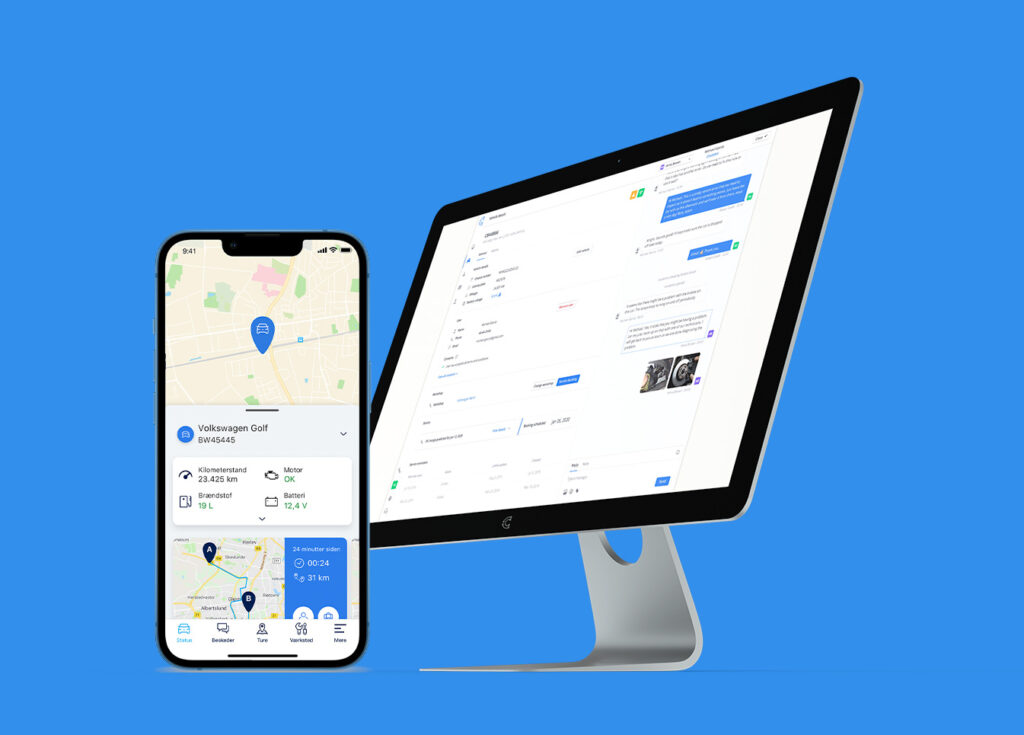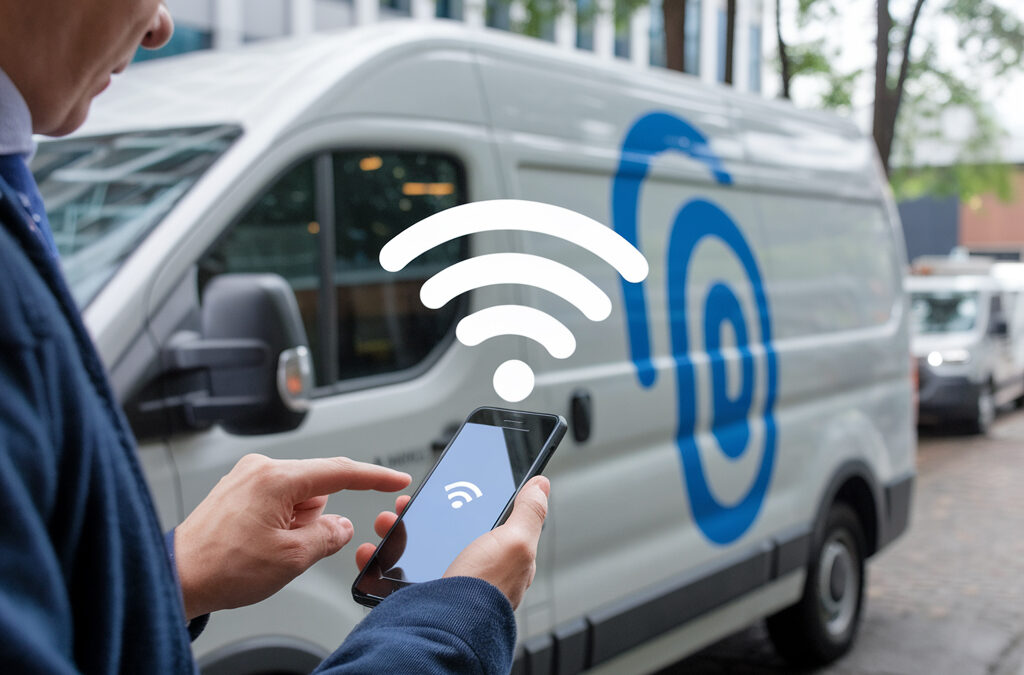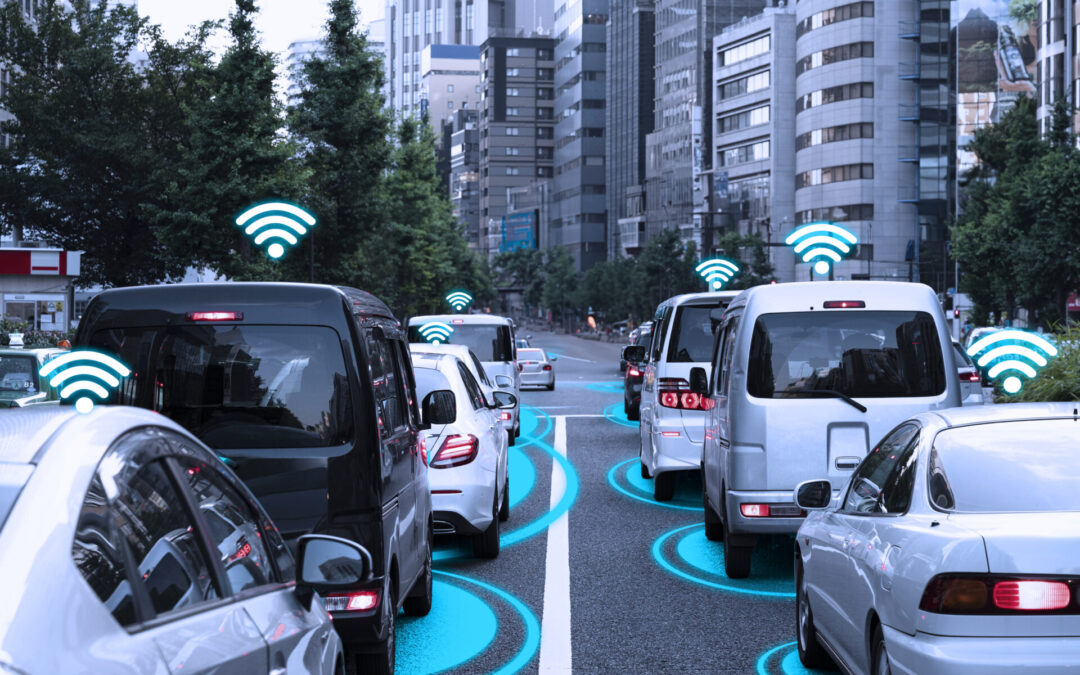The automotive industry faces significant challenges and opportunities as it strives to implement global connectivity solutions. Companies like Connected Cars are at the forefront of this transformation, working with major automotive groups such as Volkswagen to navigate the complexities of extending connectivity across diverse markets, including those traditionally underserved or “offline.” This article explores the complexities of rolling out global automotive connectivity, the role of third-party solutions like Connected Cars, and the multifaceted business value that connectivity offers to your operations in the automotive industry.
Understanding the Complexities of Global Connectivity
The path to implementing global connectivity in the automotive industry is fraught with nuanced challenges and barriers, from data security to market-specific legal hurdles. Here’s a concise breakdown of these complexities:
Navigating data privacy and security
Protecting sensitive automotive data is a universal concern. It is crucial for maintaining consumer trust. It also ensures compliance with regulations like GDPR. In less connected, offline markets, challenges are compounded. This is due to varying data protection laws and technological infrastructure. As a result, there’s an increased risk to business reputation and consumer confidence.
Collaborating with mobile network operators (MNOs)
Effective connectivity depends on robust partnerships with MNOs. These partnerships ensure reliable data transmission. In regions with underdeveloped telecom infrastructure, the challenges are significant. The high costs and sparse network coverage make establishing these partnerships more challenging. This affects the quality of connectivity services offered.

Overcoming hardware homologation barriers
Adapting connectivity hardware to meet diverse international standards is essential. This is necessary for compliance with local safety and emissions regulations. Diverse technological standards or documentation requirements, mean that the homologation process can delay or even prevent the introduction of connectivity services.
Localization challenges
Ensuring that connectivity services align with local cultural nuances and technical requirements is critical. In offline markets, differences in technology usage and consumer expectations necessitate a tailored approach. This approach ensures connectivity solutions meet the actual needs of the local customer base.
Legal and compliance challenges
Navigating a complex array of local and international regulations is crucial. This navigation is essential for legal compliance and building consumer trust. In less developed markets, the legal framework may be unclear or slow to adapt to new technologies. This requires vigilant and localized legal expertise. Such expertise is needed to manage regulatory complexities effectively.
Lessons from Volkswagen: A case study in strategic connectivity
Connected Cars’ partnership with Volkswagen Group highlights how strategic collaborations can effectively address the challenges of global connectivity. Volkswagen chose Connected Cars due to its flexible and comprehensive solutions that could be customized to fit both online and offline markets. This partnership has enabled Volkswagen to quickly extend its connectivity solutions to markets around the world.

In offline markets—regions where OEM-provided connectivity solutions are unavailable due to various logistical, regulatory, or economic reasons—Connected Cars has successfully implemented third-party solutions that bridge the gap left by OEMs. These solutions offer the necessary flexibility and local customization to meet specific market demands, ensuring that even cars in less connected regions can benefit from advanced connectivity features.
Empowering your business with third-party connectivity solutions
Third-party solutions from companies like Connected Cars are pivotal in expanding connectivity to underserved markets, thanks to their flexible and customized approaches.
Adaptable solutions for diverse markets
Third-party providers like Connected Cars deliver adaptable and scalable solutions that cater to the diverse needs of different markets. These solutions provide access to essential vehicle diagnostics and fleet management tools, enhancing operational efficiency and customer service, and maintaining a competitive edge in the rapidly evolving digital automotive landscape.
Flexibility and customization
Connected Cars exemplifies the flexibility that third-party solutions bring, quickly adapting to market demands without the bureaucratic inertia typical of larger OEMs. Their CC-Link hardware device, for instance, has been customized to meet diverse international regulatory requirements, illustrating their capacity to efficiently align with local compliance and customer expectations.

Strategic partnerships and local compliance
Moreover, Connected Cars’ strategic partnerships with Mobile Network Operators (MNOs) are tailored to deliver specific local benefits, which large OEMs may deem economically unfeasible. Additionally, their expertise in navigating complex regulatory environments ensures compliance with local laws, speeds up market entry, and builds trust and reliability among stakeholders and customers.
Commitment to data privacy
Connected Cars’ commitment to stringent European data privacy standards boosts their credibility, ensuring that businesses and end-users can trust the security and integrity of their data. This commitment is particularly valuable in regions with strict data protection laws, enhancing customer and business confidence.
Business value and case for connectivity
Connectivity significantly enhances business operations across departments, including sales, aftersales, and marketing, enabling data-driven strategies and improving customer engagement.
Sales
Real-time vehicle data supports sales teams by providing insights into vehicle performance and user habits. This information allows them to customize their sales approaches with features like predictive maintenance and energy efficiency, appealing directly to the needs and preferences of modern buyers.
Aftersales
Connectivity facilitates proactive maintenance through service reminders and fault diagnostics. This enhances customer satisfaction by preventing issues before they escalate, while also reducing long-term operational costs for both users and manufacturers by improving vehicle longevity.

Marketing
Access to detailed data on vehicle usage and driver behavior allows marketing teams to create personalized campaigns and offers. This targeted approach improves conversion rates, boosts customer loyalty, and enhances overall brand engagement, making marketing efforts more effective and efficient.
Conclusion
The roll-out of global connectivity in the automotive sector presents both significant challenges and unprecedented opportunities. Partnerships like the one between Connected Cars and Volkswagen demonstrate the effectiveness of customized, third-party solutions in overcoming these challenges and maximizing the potential of vehicle connectivity. As the industry continues to evolve, the strategic application of connectivity solutions across markets will likely become a key differentiator, driving innovation, customer satisfaction, and business growth in the global automotive market.
To gain deeper insights into these topics, we invite you to watch our on-demand webinar, which explores these themes in greater detail.






